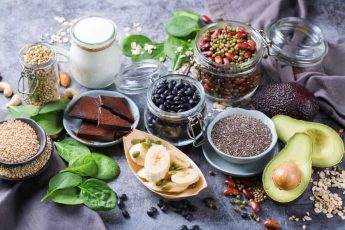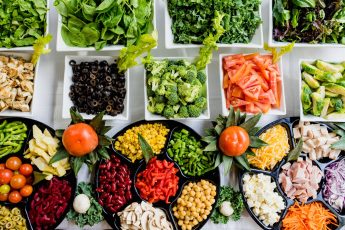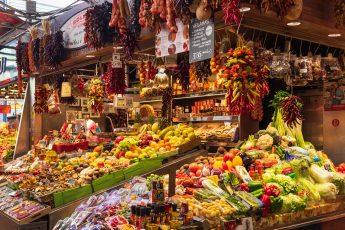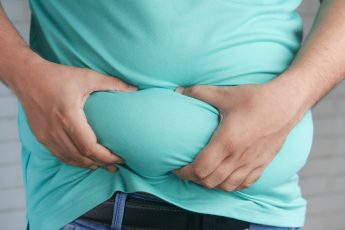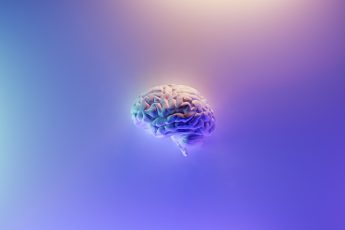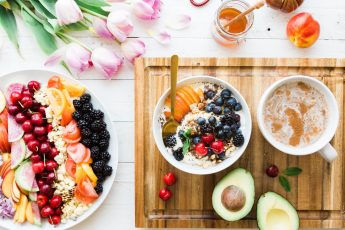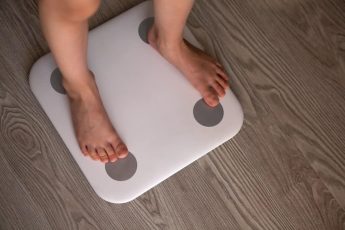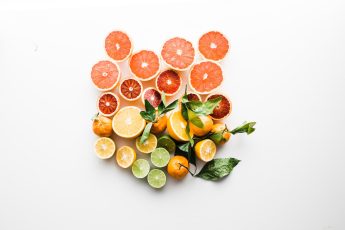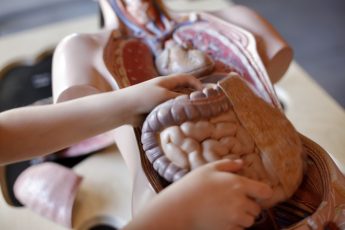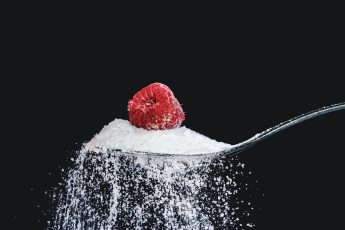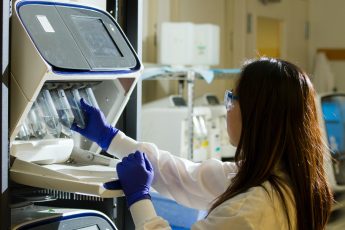Misconceptions about healthy eating that keep you from getting in shape
We have all heard many healthy eating myths. This advice is often wrong and can lead to you not being able to lose weight. Eating a healthy diet can be not only delicious but also uncomplicated. The key is to stop believing myths and get your priorities straight.
Myth 1: You need to drink at least two liters of water per day
It would be best if you drank enough. And there is no need to strive to reach specific values. If a person is healthy, his need for water is determined by the feeling of thirst. If you are resting all day in a cool place, a liter of liquid might be enough, but if you are busy with physical labor in the heat, even two might not be enough.
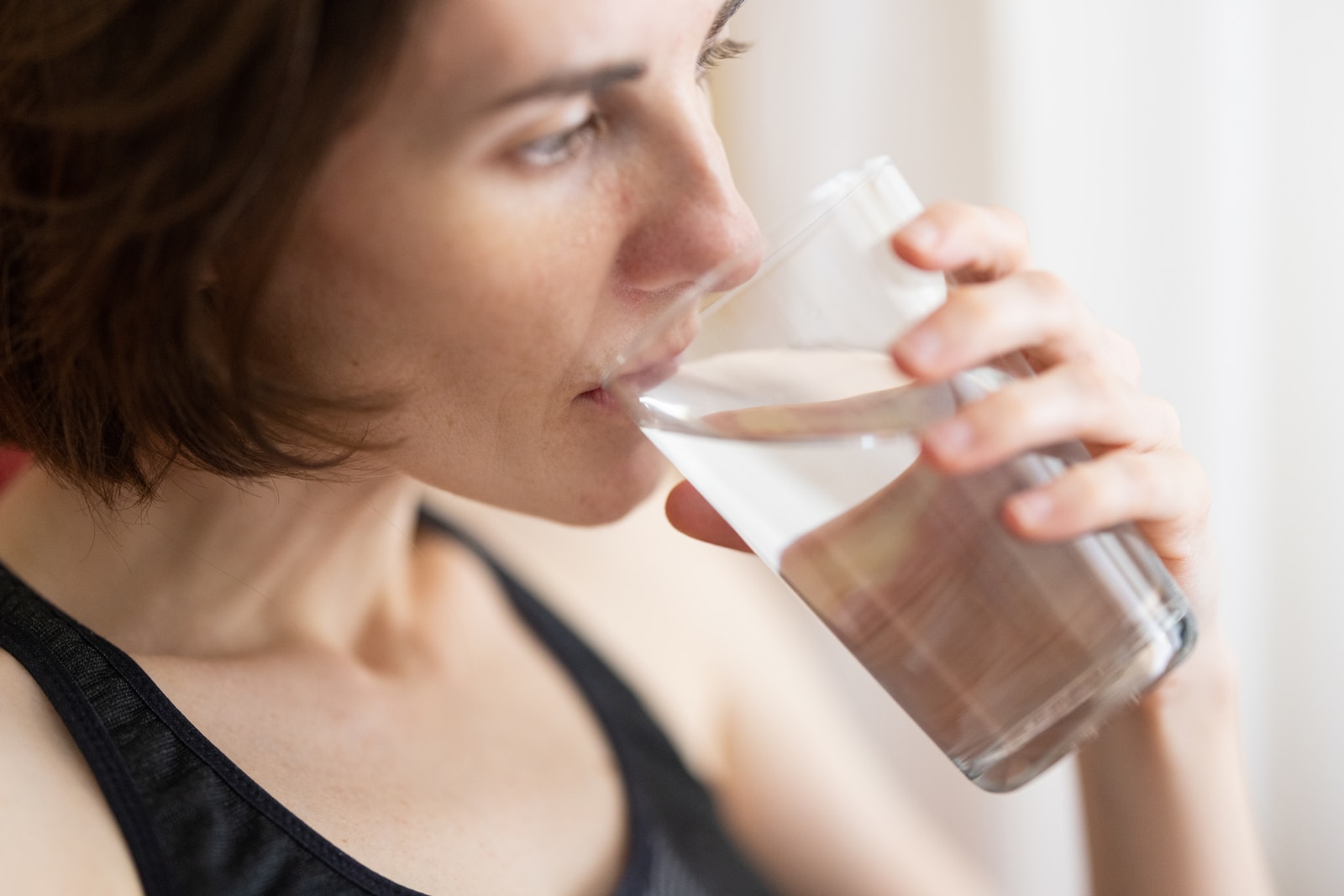
When is there a danger of dehydration? If you are generally healthy, excessive heat and strenuous exercise can cause this condition. In this case, you need to monitor your condition. Dry eyes and tongue, too yellow urine, and difficulty in urinating (less than four times a day) should alert you. Anyway, a human being is a pretty perfect system, so listen to your body and don’t be discouraged by the feeling of thirst.
Myth 2: The best breakfast can only be oatmeal
The option is not bad, although not the most useful. Oatmeal contains a lot of carbohydrates with a low glycemic index. They take a long time to digest (this is a plus), and they are full of vegetable fibers that provide good digestion. If you’re not lactose intolerant, you can even boil oatmeal in milk, making it even more nutritious. But it is not advisable to sweeten it with jam or sugar.
Myth 3: To lose weight, you have to give up eating after 6 p.m.
Giving up food for a long time can indeed help you lose weight. But, unfortunately, not for every person. After all, body weight depends on many factors: daily caloric intake, degree of physical activity, eating habits, etc. There are no easy ways out. The advice, “not to eat anything for three hours before going to bed,” will result in one thing: the content of the stomach will not move down the throat, and this will relieve you from the risk of belching, heartburn, and chronic sore throat. But you should not take this recommendation as a way to lose weight.
Myth 4: Instant cereal has a negative impact on health
The form of porridge is not so important. The peculiarity of instant porridge is that the groats in them are partially already cooked, and only after that are they dried. It does not harm the body (although the processing process leads to the loss of a large part of nutrients and vitamins). Adding large portions of sugar to porridges makes them harmful. If dried fruits and sugar substitutes are used as sweeteners, instant porridge may be suitable for eating.
Myth 5: Wheat bread is harmful and whole grain bread is beneficial
In reality, there is no difference between the two. In both cases, the bread contains refined carbohydrates. It is better to refuse to eat any bread, no matter its composition. Unless, of course, your goal is to increase your weight intentionally.
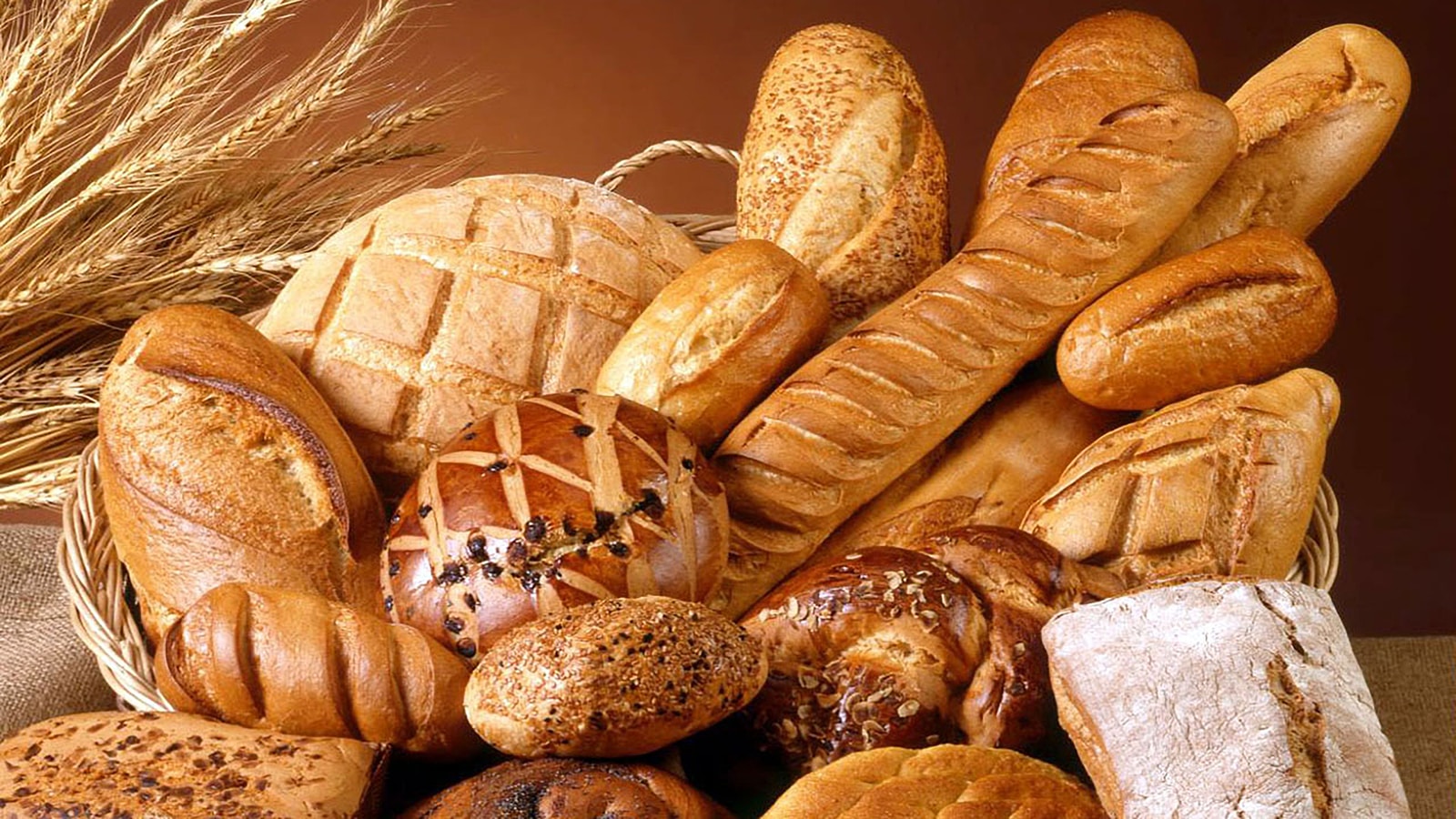
Myth 6: Green tea accelerates weight loss
When thinners consume refreshing drinks in large quantities, it helps to dull the feeling of hunger, which, naturally, helps them lose weight. It does not matter whether you use green tea or plain water. It will only work if you substitute it for meals.
Myth 7: You should try to eat as few carbohydrates and fats as possible
Yes, they are. But only for some people. Others need to keep their macronutrient intake the same or even increase it. Ketogenic and low-carbohydrate meal plans allow you to lose weight, but it is almost impossible to maintain the results you have achieved on them. Also, many researchers have concluded that they are bad for your health.
Myth 8: Red wine has a positive effect on heart function
There is a misconception that red wine is good for atherosclerosis prevention. But many modern studies refute this myth. Alcohol in any form is not suitable for the heart, and abusing it can weaken the heart muscle – cause arrhythmias and cardiomyopathy. However, if you drink alcohol in moderation, it cannot harm you. But it can’t help your heart either. A “cardiac automatism” phenomenon helps your heart function regardless of what you eat.
Myth 9: Smoothies and juices are the best aids to stomach health
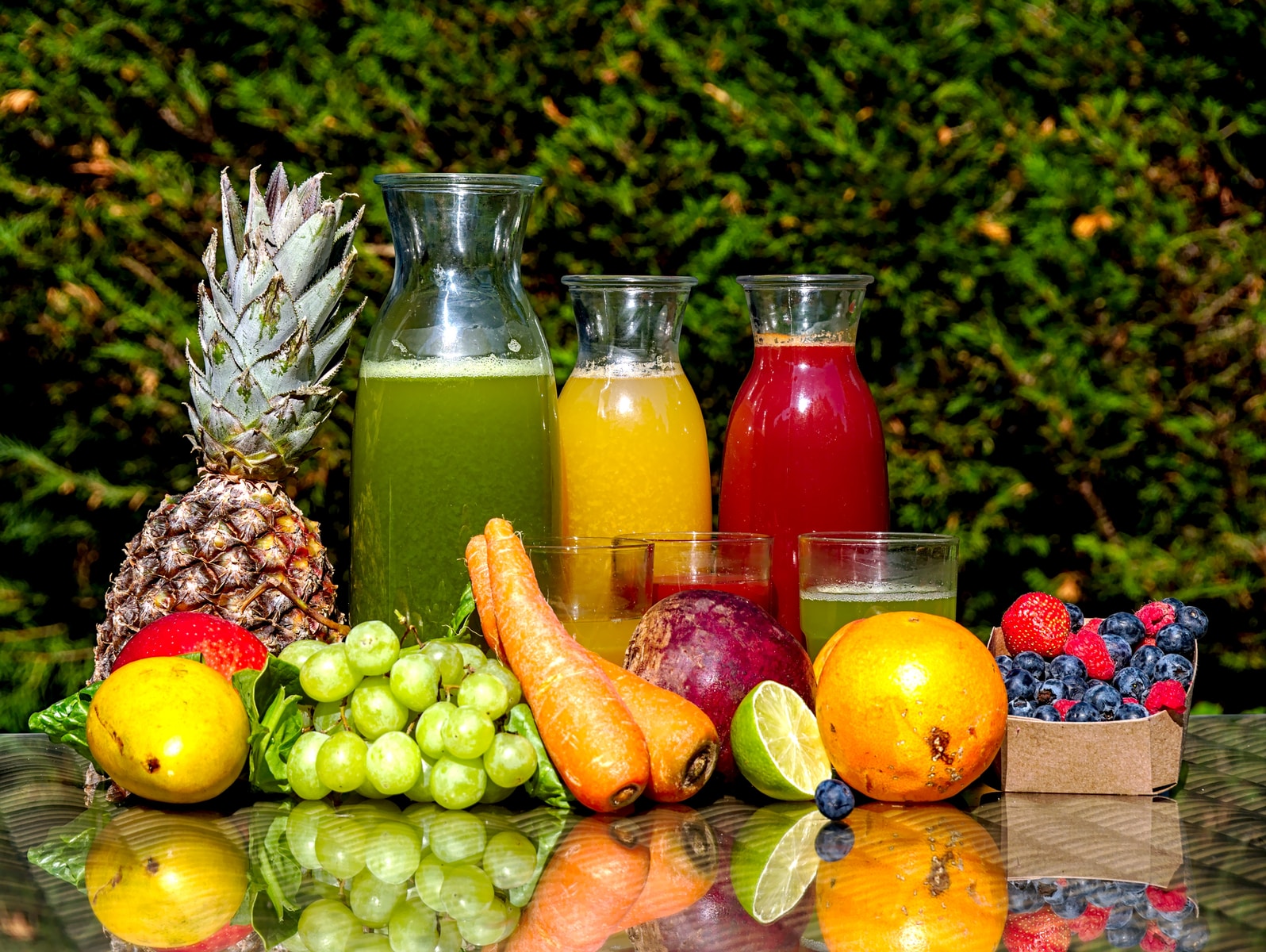
Instead, they are his worst enemies. Many of these drinks cause so-called reflux – the entry of acid from the stomach into the esophageal cavity. The most dangerous in this sense are considered citrus and pineapple juices and banana puree. In addition, they are very high in sugar, which certainly does not add to the product’s usefulness. Whole fruits are another matter: they contain fiber, which ensures a gradual release of sugars, thus avoiding a spike in blood glucose. But juices and smoothies are a sugar solution, dealing a decisive blow to the blood vessels, the pancreas, and the stomach.
Myth 10: Salt is the main enemy of health
It is often the case. People with renal and heart failure and arterial hypertension should reduce the amount of salt. Its abuse provokes edema. Typically, excess salt is excreted from the body through the kidneys. However, after the age of 30, even with typical general health indicators, the “salt” excess begins to show up in the form of swollen legs and face. It is not a disease but an “essential” edema. You can eliminate them by reducing your salt intake.
Is it valuable salt at all? Yes, you can’t do without it in hot weather. You also need it to recover from dehydration caused by excessive diuretics or diarrhea. In other cases, you should carefully control its consumption.
Sources
- https://www.niddk.nih.gov/health-information/weight-management/myths-nutrition-physical-activity
- https://www.csuohio.edu/recreationcenter/7-popular-myths-about-nutrition
- https://www.healthline.com/nutrition/biggest-lies-of-nutrition
- https://examine.com/nutrition/awful-nutrition-myths/
- https://www.bhf.org.uk/informationsupport/support/healthy-living/healthy-eating/dieting-myths
